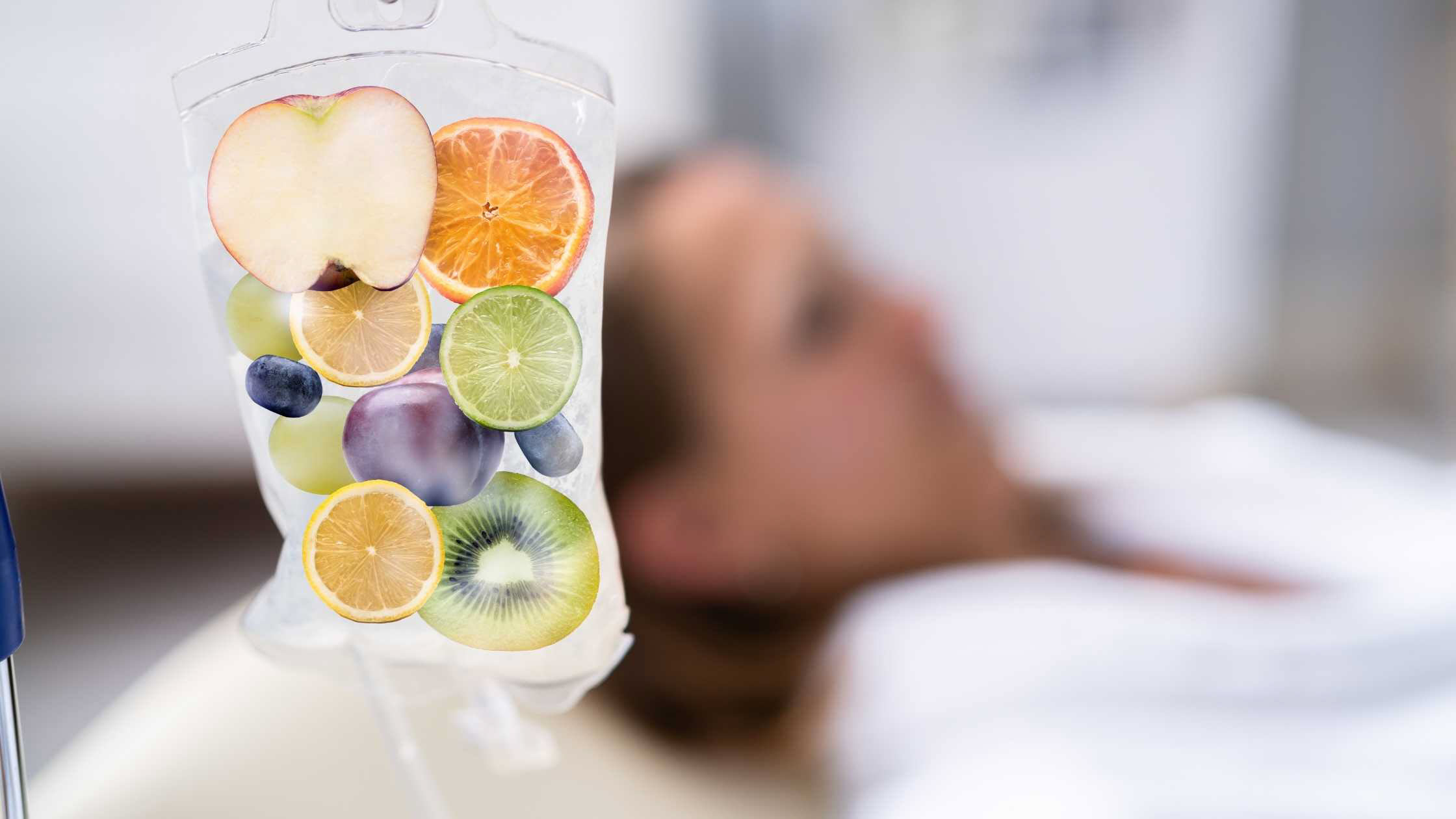Putting out work-related fires every Monday isn’t your ideal way to start the week. But ever since you joined the workforce, it’s been the norm. And just like any seasoned corporate warrior, you rely on a mix of unhealthy doses of coffee and energy drinks to power through.
But what if you could change that?
If that third venti iced-americano you got after lunch isn’t hitting the same anymore, well, it’s not just you.
Modern life is now designed to drain all of our energy. With meetings scheduled multiple times in a workday, social lives to keep up with, and constant efforts to maintain our mental health, there’s barely room to breathe.
Luckily, there’s a better way to tackle chronic fatigue and low energy. Let us introduce IV therapy treatments.
What Is IV Therapy?
IV therapy isn’t another new wellness trend that’ll disappear next month. It’s been around forever in professional medical settings. Hospitals use it. Athletes swear by it. Now it’s becoming mainstream because more of us need it.
In a nutshell, an IV delivers vitamins, minerals, and nutrients directly into your bloodstream. No waiting for your digestive system to do its thing. No losing half the nutrients along the way. It’s like giving your body a direct deposit instead of waiting for a check to clear.
Think of it as the difference between texting and calling. One gets the message across immediately. The other might take forever or get lost completely.
Why Your Energy Levels Are Tanking
Before we discuss solutions, let’s consider why you constantly feel like your phone on 5% battery.
Your body is a complex machine. When you don’t give it the right fuel, it starts breaking down. Most of us walk around with nutrient deficiencies we don’t even know about.
A vitamin B12 deficiency makes you feel like you’re moving through molasses, while a vitamin D deficiency is also incredibly common, especially if you work indoors all day. And iron deficiency? It’ll feel like you haven’t slept in weeks.
Add chronic stress, poor sleep, processed foods, and maybe one too many nights out, and your body is basically running on reserves. Your cells can’t produce energy efficiently when they’re missing key nutrients.
How IV Therapy Works
When you take vitamins orally, your digestive system is the gatekeeper. It decides how much actually makes it to your bloodstream. Sometimes that’s only a small percentage of what you consumed.
IV therapy bypasses all that. It delivers nutrients directly where they need to go, giving your cells immediate access to everything they need to start producing energy again.
The most popular energy-boosting IV treatments usually include:
- B-Complex Vitamins: These are your energy powerhouses. B1, B2, B6, B12. They help convert food into fuel that your body can actually use.
- Vitamin C: Not just for immune support. It’s crucial for energy production and helps your body absorb other nutrients better.
- Magnesium: This one’s important. It’s involved in over 300 biochemical reactions in your body. Low magnesium equals low energy.
- Amino Acids: The building blocks your body needs to repair and rebuild. Think of them as the construction crew for your cells.
The whole process takes about 30-60 minutes. It involves sitting in a comfortable chair, scrolling through your phone, or even catching up on a podcast. Overall, it’s considered a very relaxing process.
What to Expect from Your First Treatment
IV therapy isn’t a magic bullet that’ll turn you into the Energizer Bunny overnight. But most people notice a difference within 24-48 hours.
Others feel it immediately. Some notice it gradually over the next few days. You might sleep better, wake up less groggy, and actually want to hit the gym instead of watching Netflix.
The effects typically last 1-2 weeks, depending on your lifestyle and how depleted you were to begin with. If we go back to the phone analogy, it’s a lot like charging it. If you’re at 1%, it takes longer to get back to full power.
Your Next Steps
If you’re tired of feeling tired, it’s time to try something different. Stop accepting low energy as your normal—you deserve to feel vibrant and alive.
IV therapy might be exactly what your body has been needing. It can be customized based on your needs and designed with you in mind.
Ready to revitalize your energy levels? The first step is to talk to a professional who understands targeted IV therapy treatments. They can assess your specific situation and create a plan that actually works for your lifestyle.
Don’t wait another week feeling drained—book your IV therapy session at Calgary Integrative Medicine today and start feeling energized tomorrow.












